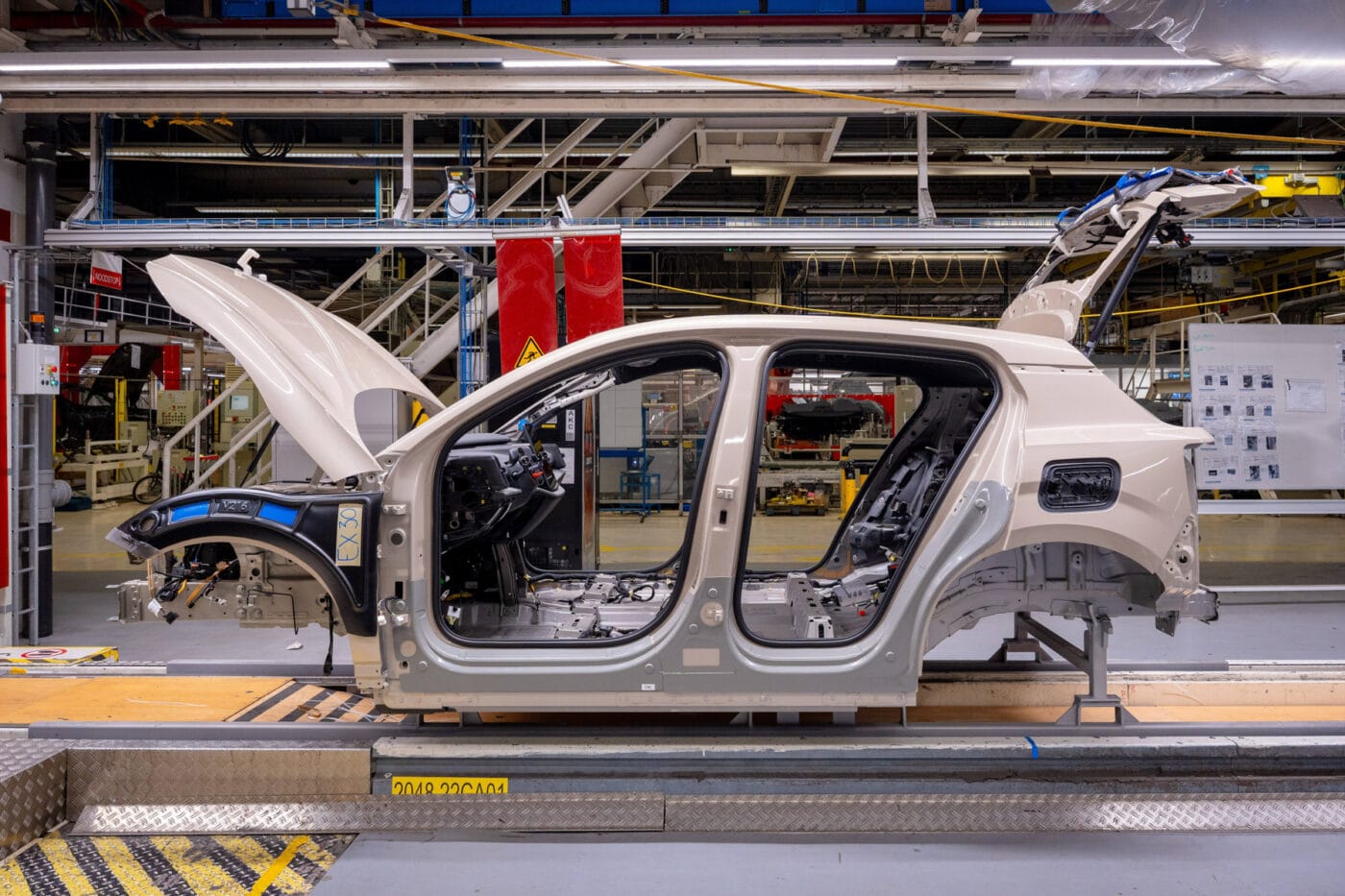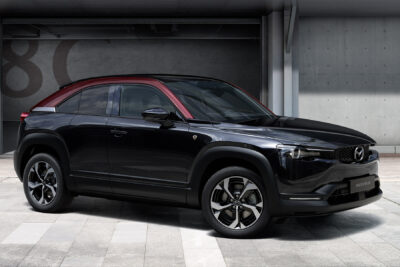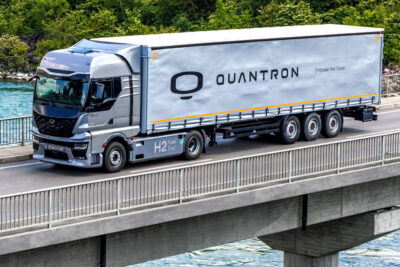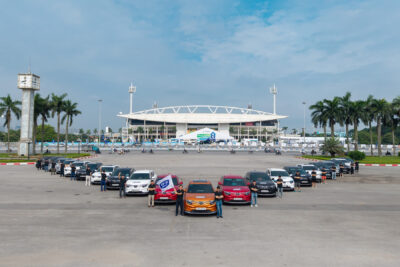Geely will not build factories in Europe
During an internal meeting, Li Shufu, founder and CEO of Geely Holding, reportedly emphasised that the group has no intention of building factories in Europe or the US – a video recording of the meeting has been published by Geely itself. Shufu cited the stagnation of globalisation in the automotive industry and an oversupply of production capacity worldwide as key reasons.
Unlike manufacturers such as BYD, which still intends to establish European production facilities, Geely already has one advantage. Through its subsidiary Volvo, Geely operates car factories in Sweden and Belgium.
In addition, the Renault Group, with numerous further facilities, is a strategic partner of Geely Holding. Shufu wants to build on and expand this existing collaboration first. With Renault, for instance, he mentioned South Korea as a potential market for joint production, which is already underway, as Renault Korea Motors, Renault’s Korean subsidiary, currently manufactures the Polestar 4 on behalf of Geely.
Volvo also has a plant in the US, namely in South Carolina. However, additional US-based factories from Chinese carmakers appear unlikely in the current political climate, as Chinese OEMs are largely excluded from the American market. Other manufacturers have invested in facilities in Mexico for the North American region, but Geely does not appear to be prioritising this either.
Geely’s CEO steered clear of political commentary and instead based the group’s strategic decision primarily on the current global overcapacity. “We should avoid building production facilities – that is, purchasing land, constructing plants, acquiring equipment and hiring staff,” said Li Shufu. “Given the global overcapacity in vehicle production, this is not the optimal approach.”
Li Shufu also sees merit in cooperating with Western manufacturers in other markets beyond Europe, such as Southeast Asia. In that region, and particularly in Malaysia, localisation of components and skilled labour must be accelerated, he stated.
International business is currently harmed, above all, by tariffs and the trade dispute between the US and China. EVs built in China can now only be sold in the EU with an added customs duty, which has prompted other Chinese manufacturers to consider or begin building European facilities. Meanwhile, fierce competition continues to define the Chinese domestic market – a situation intensified further by recent price cuts from BYD.
autonews.com (paywall)





0 Comments